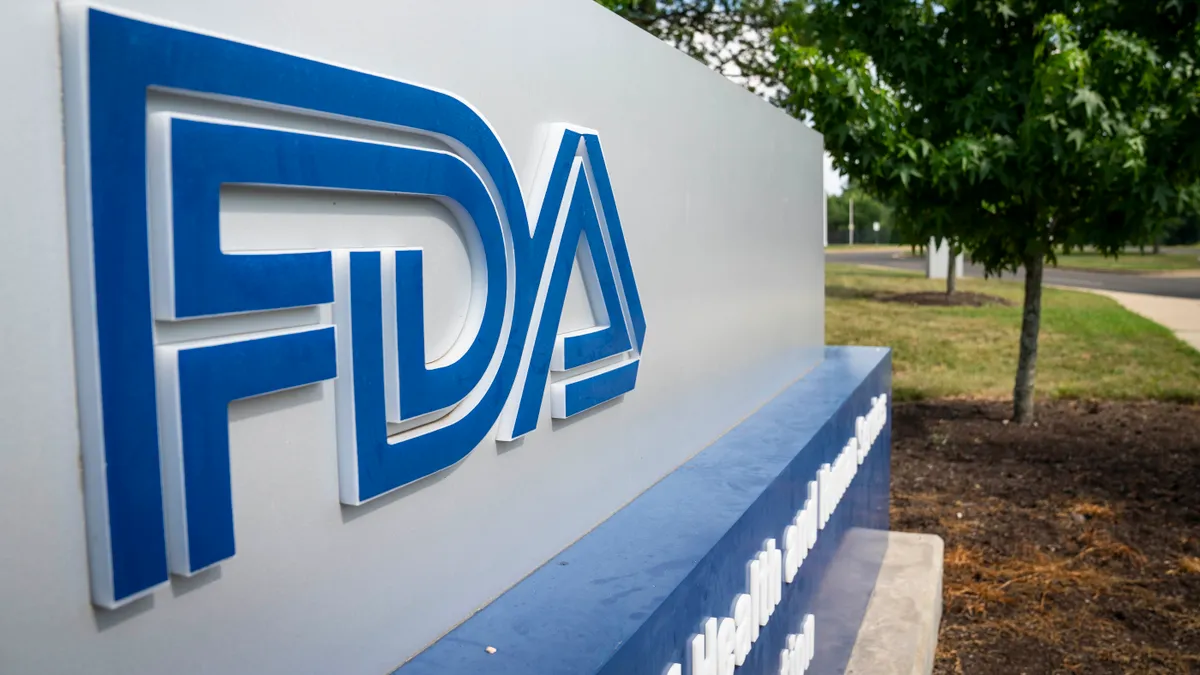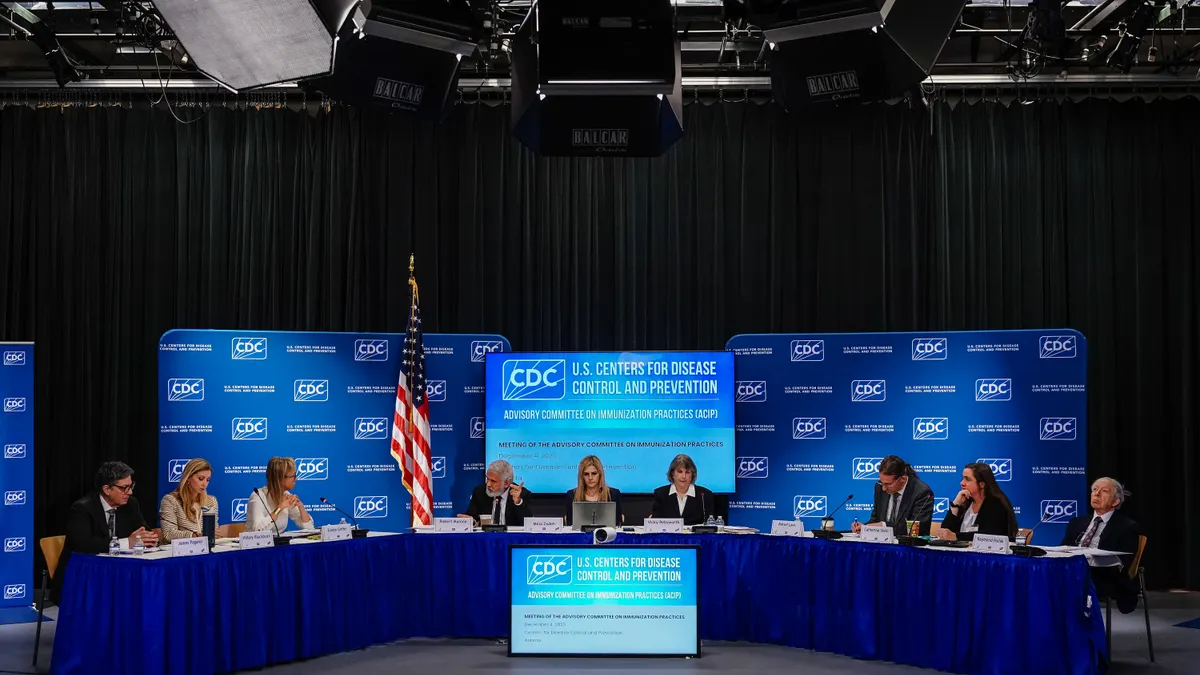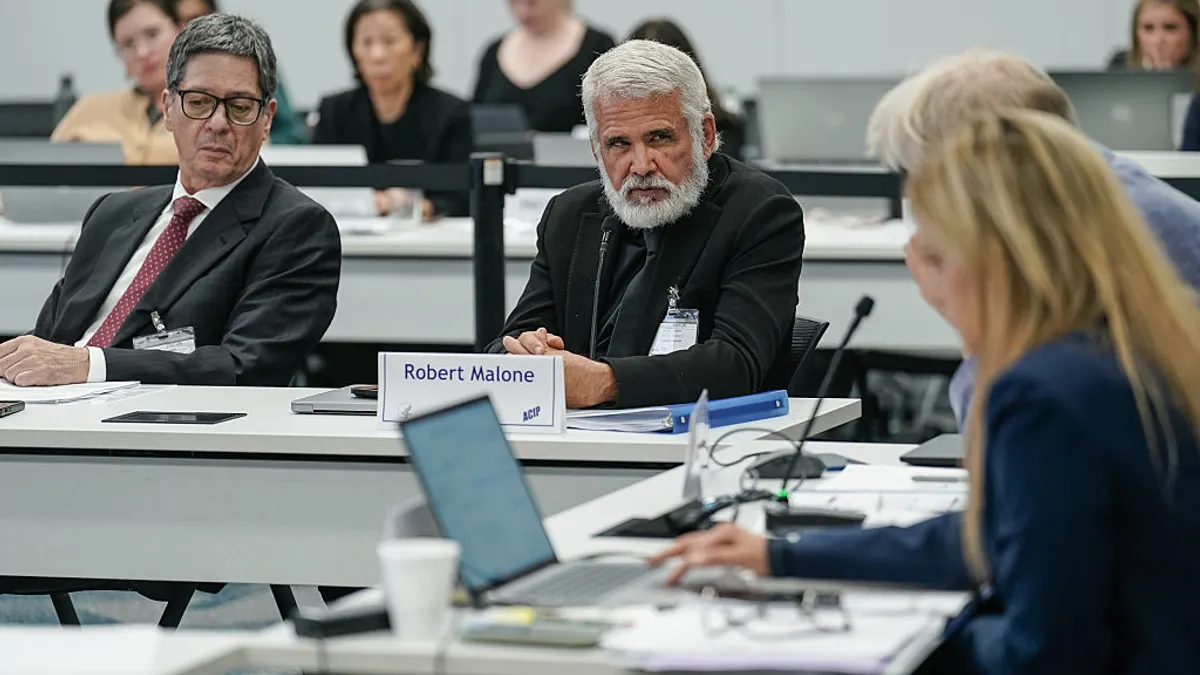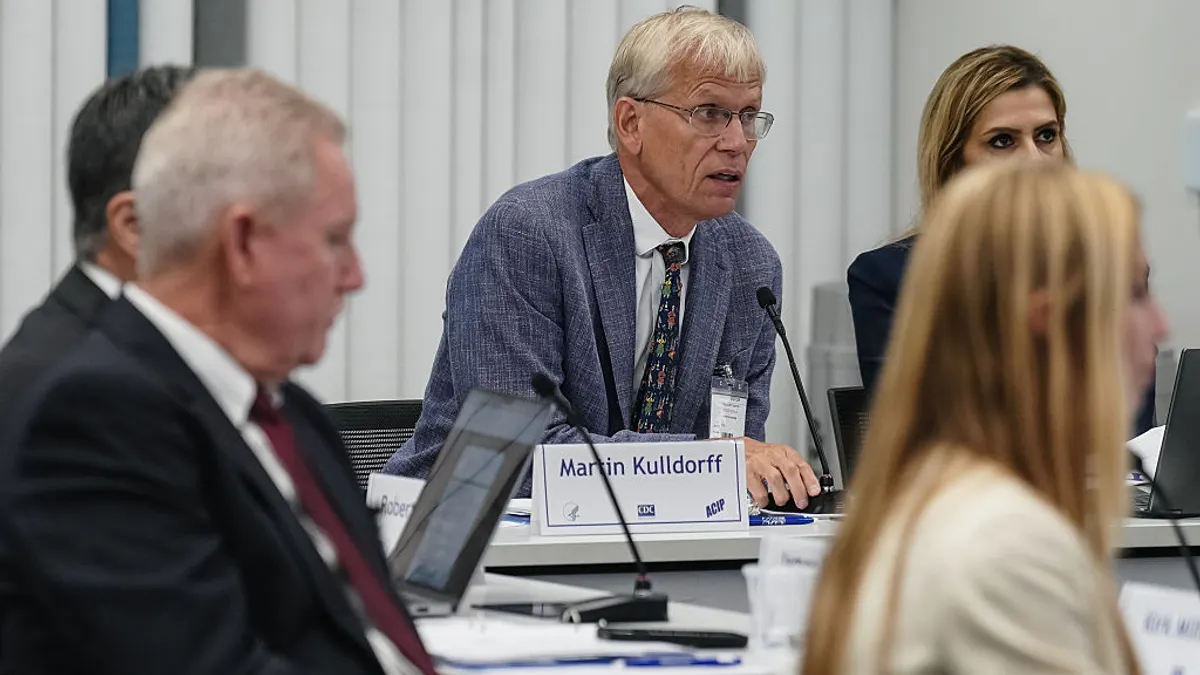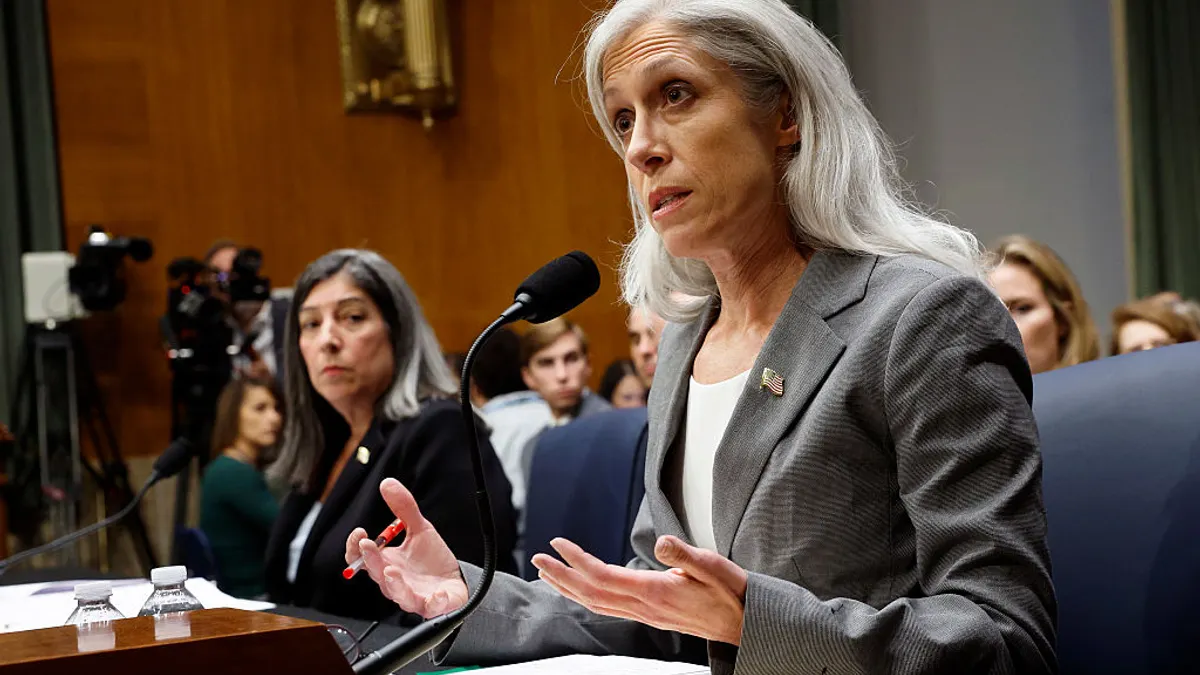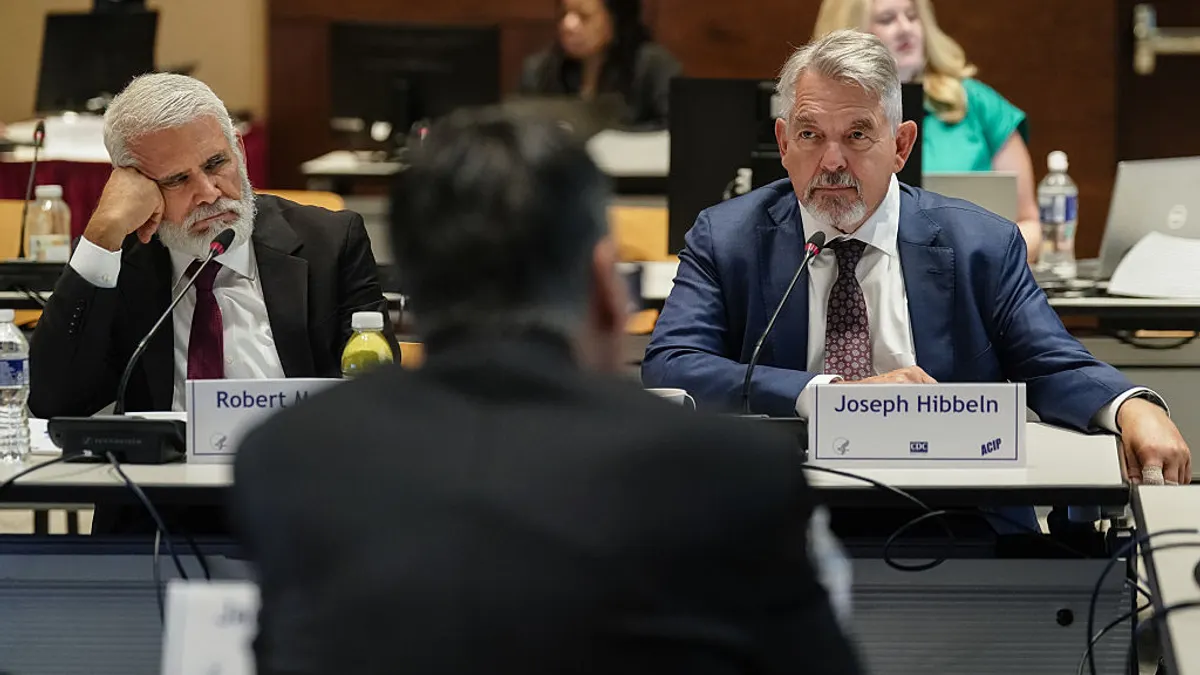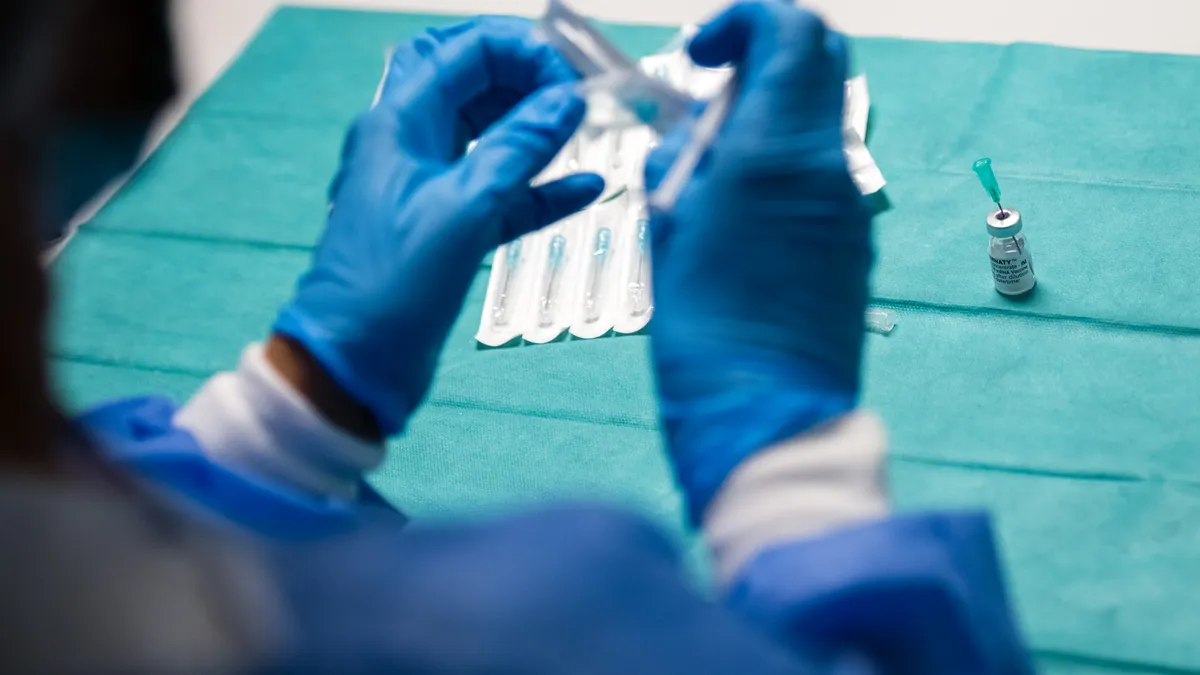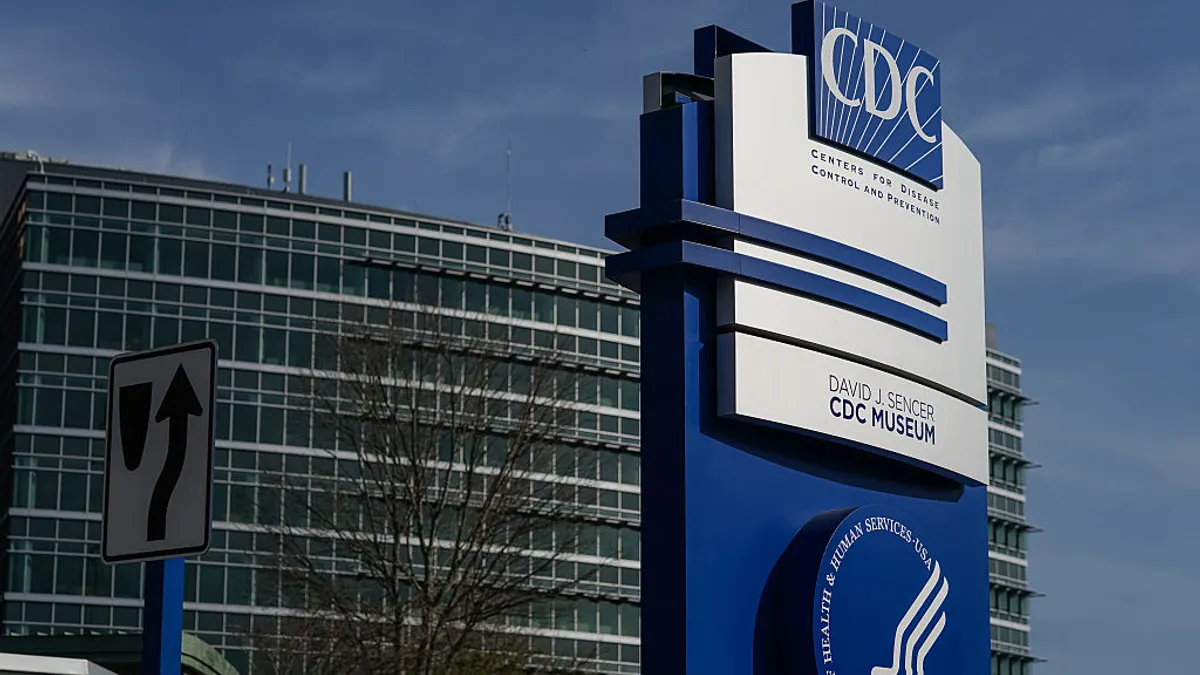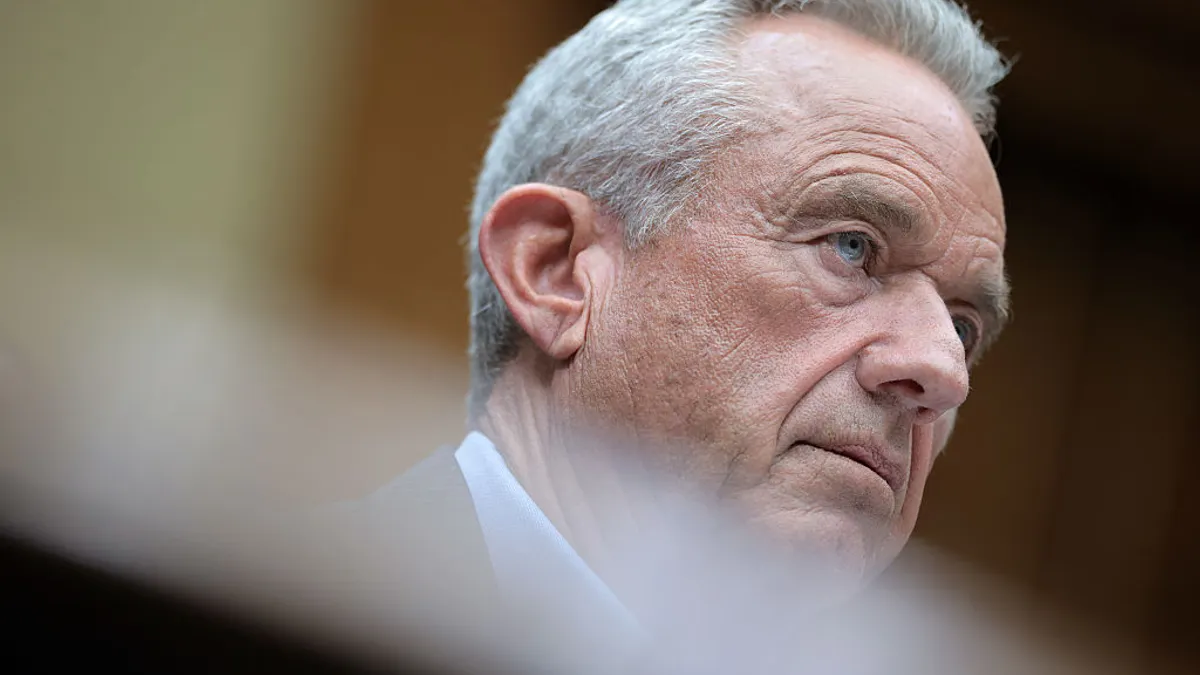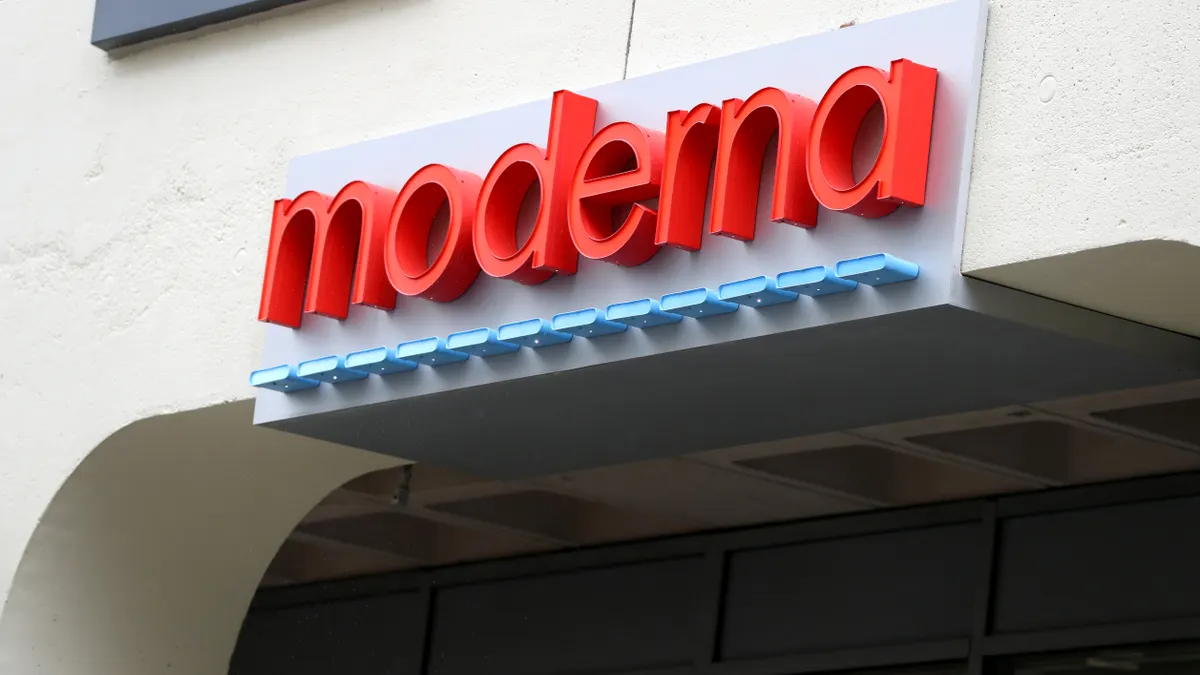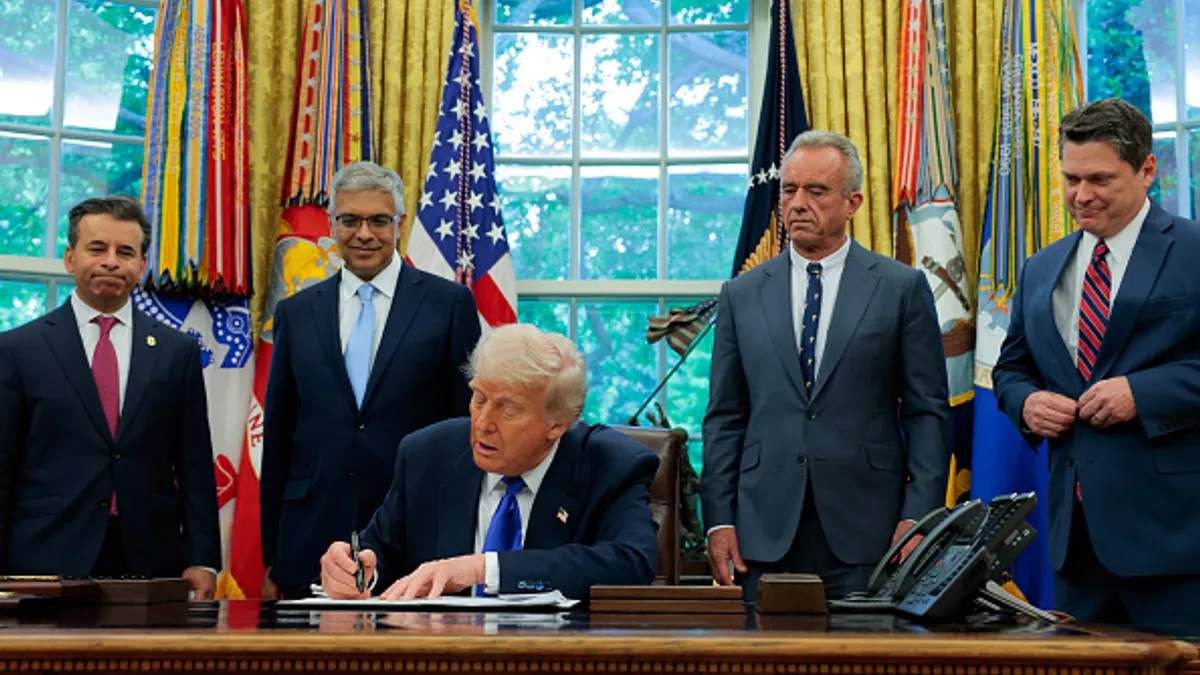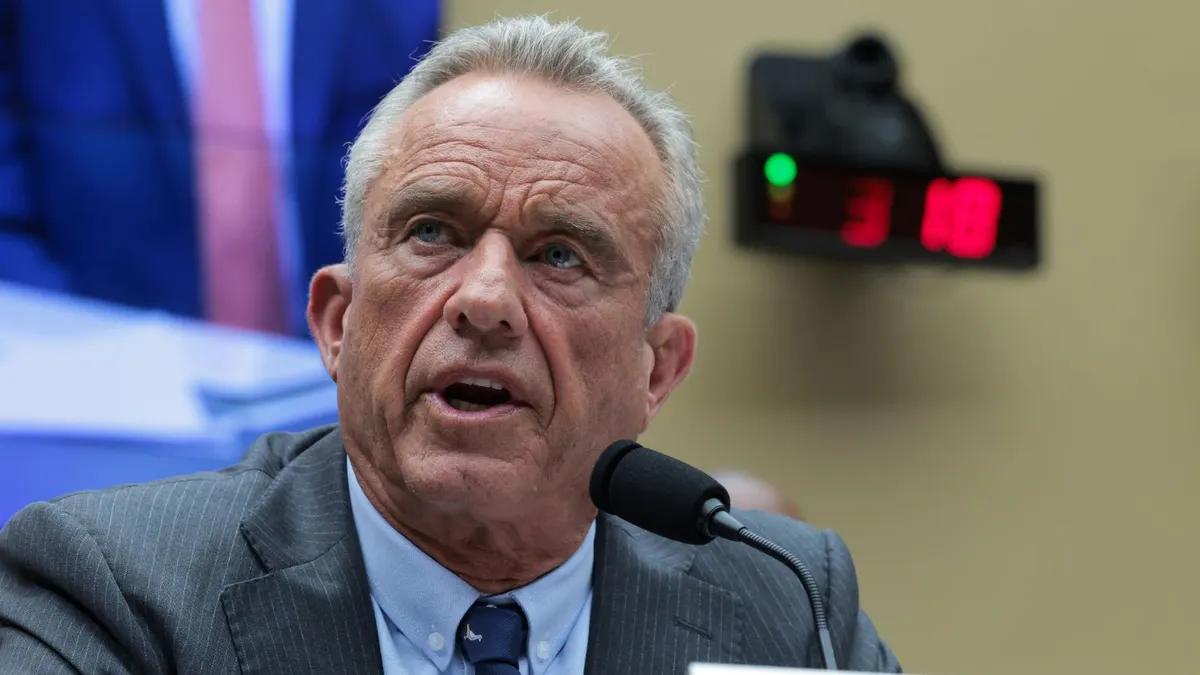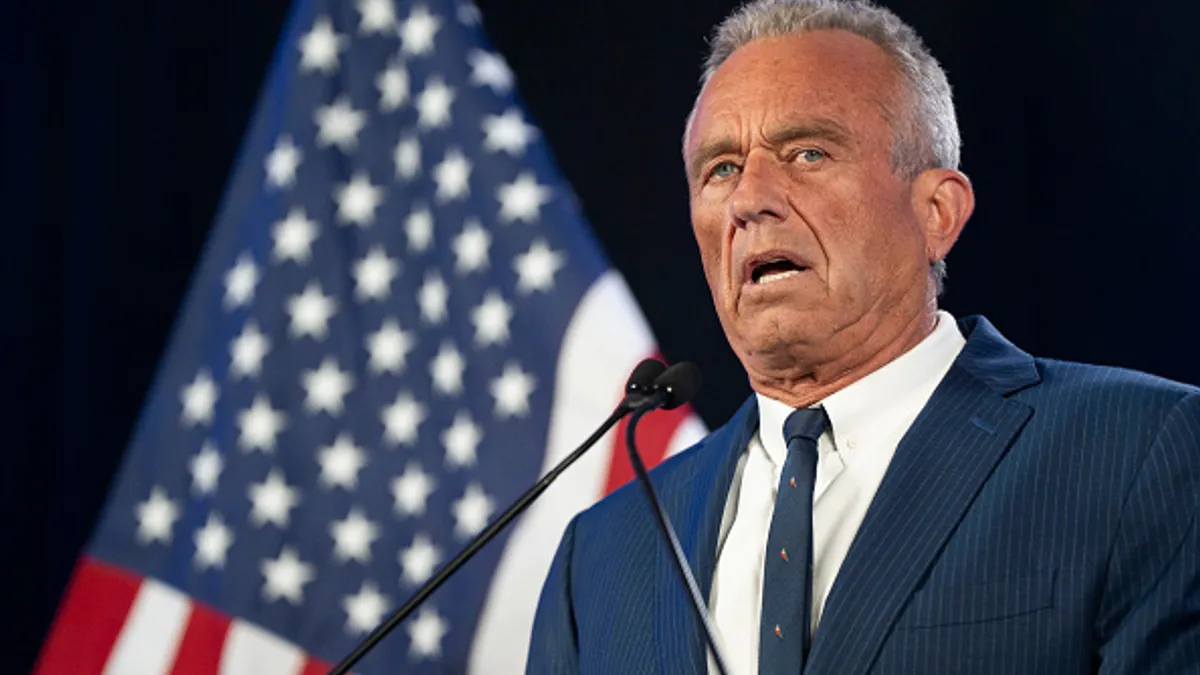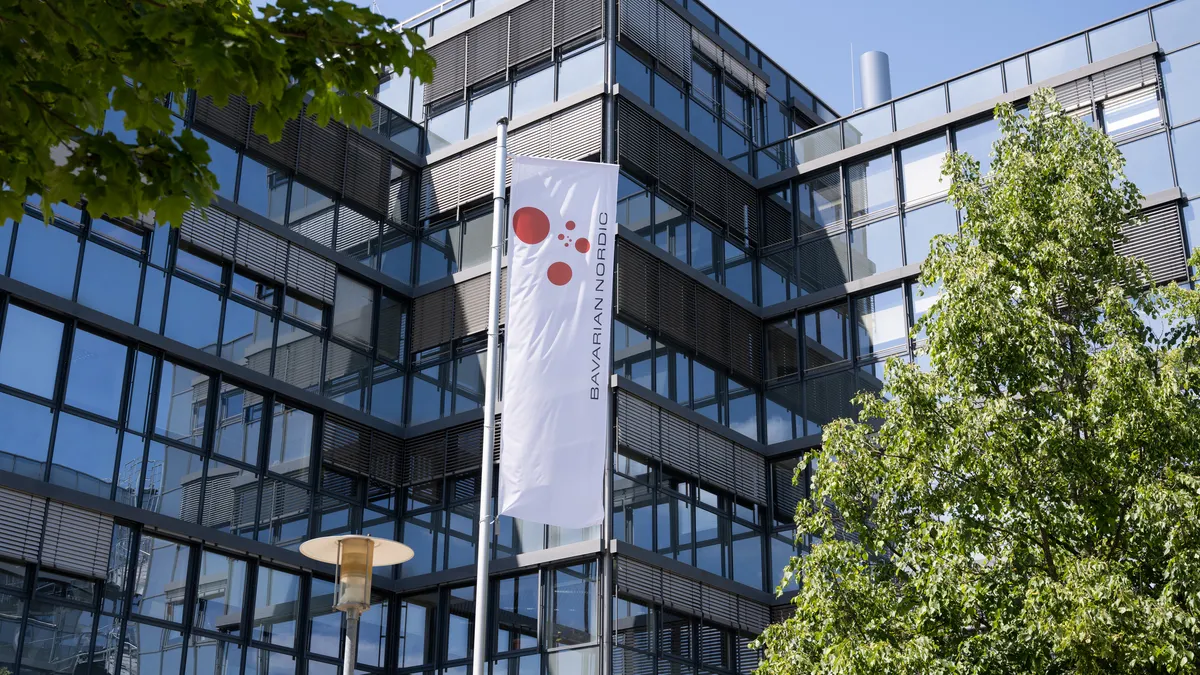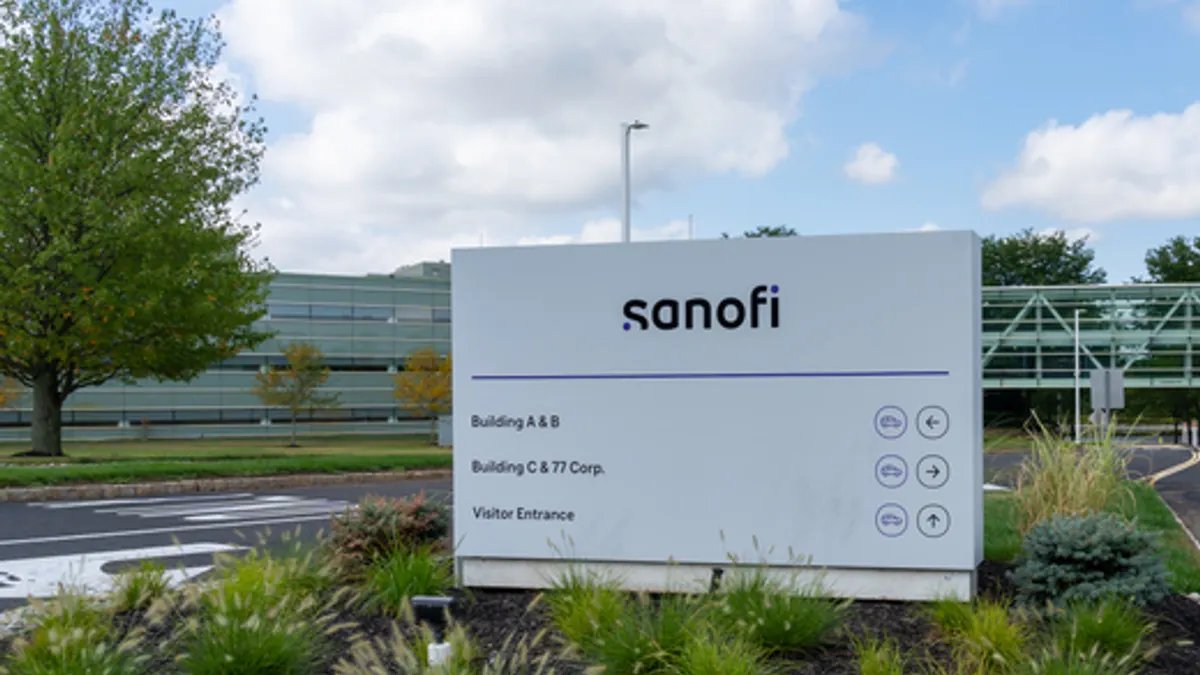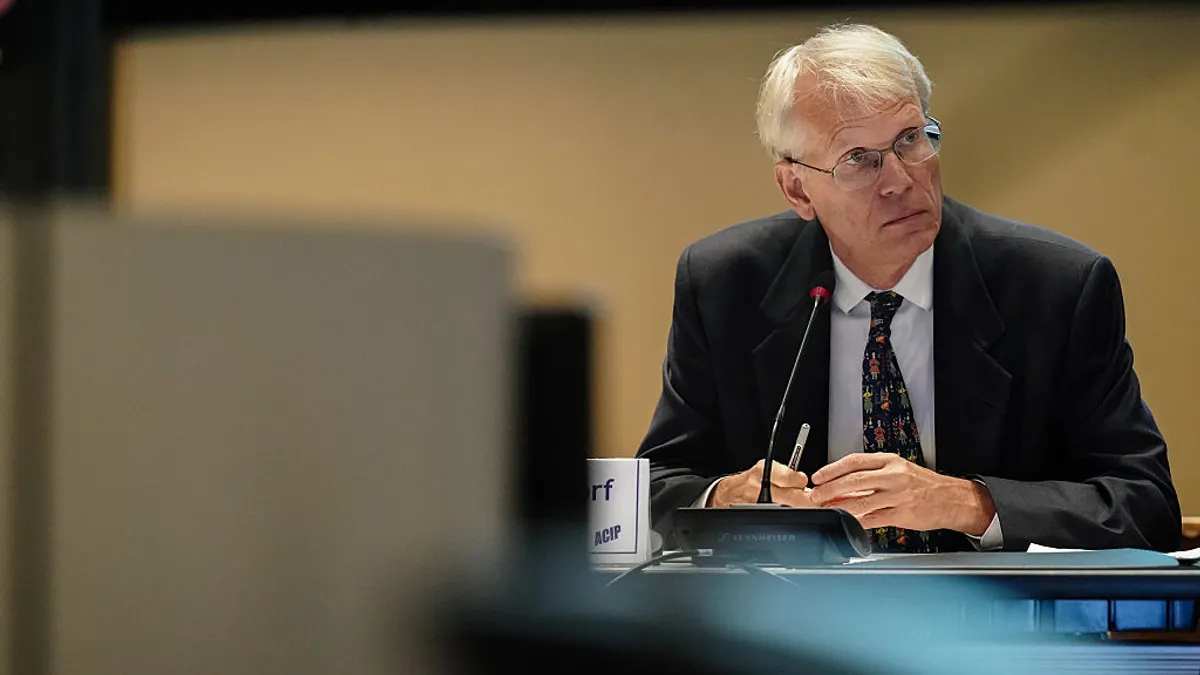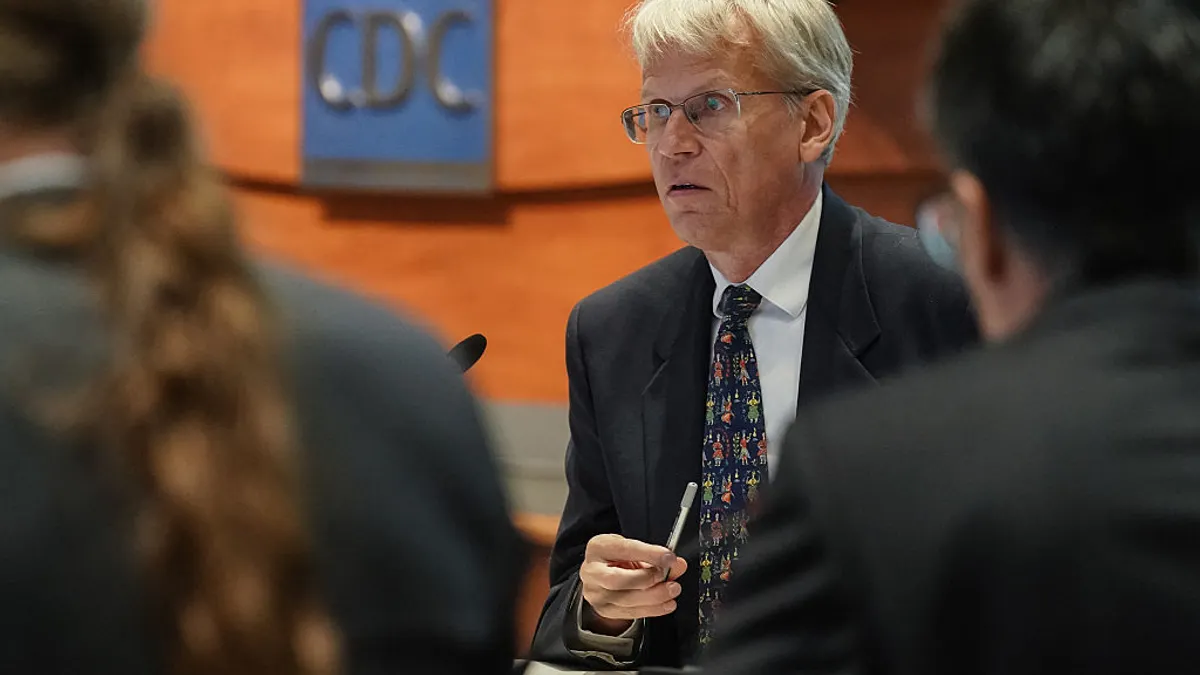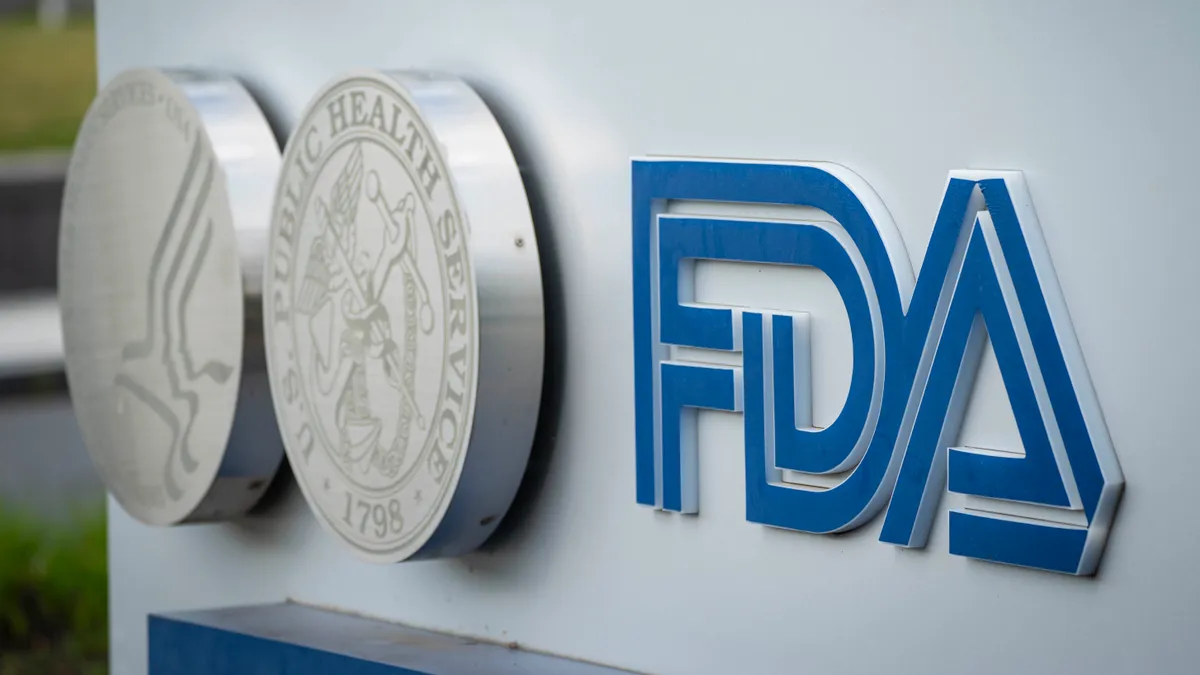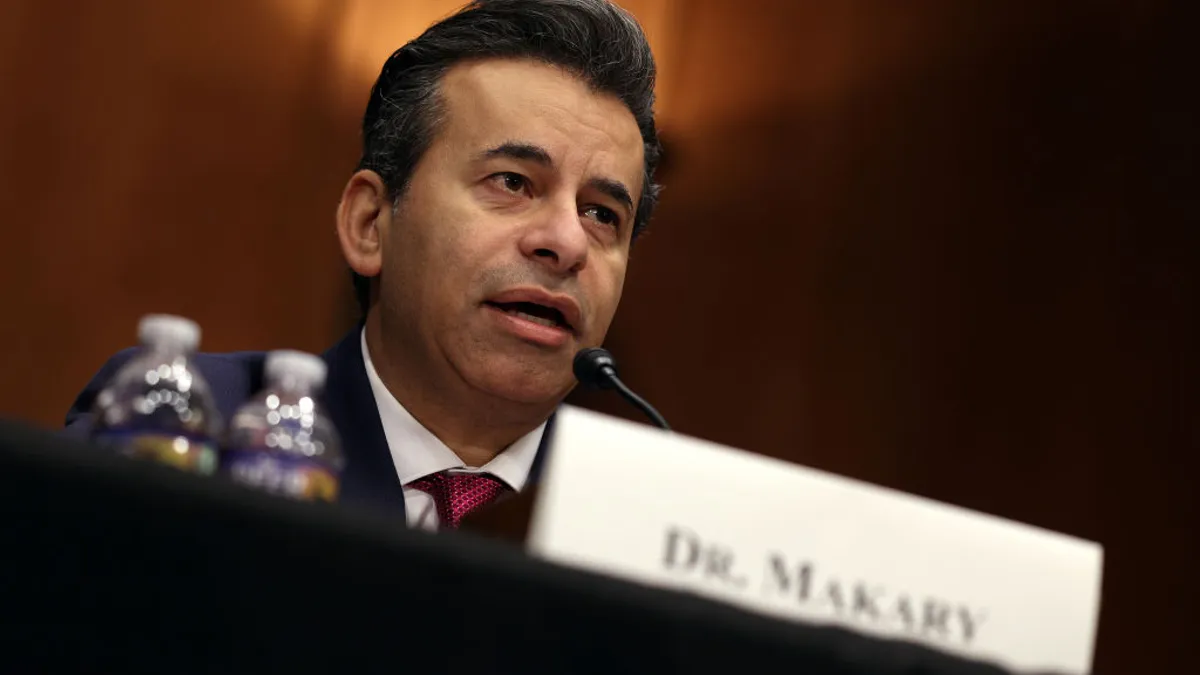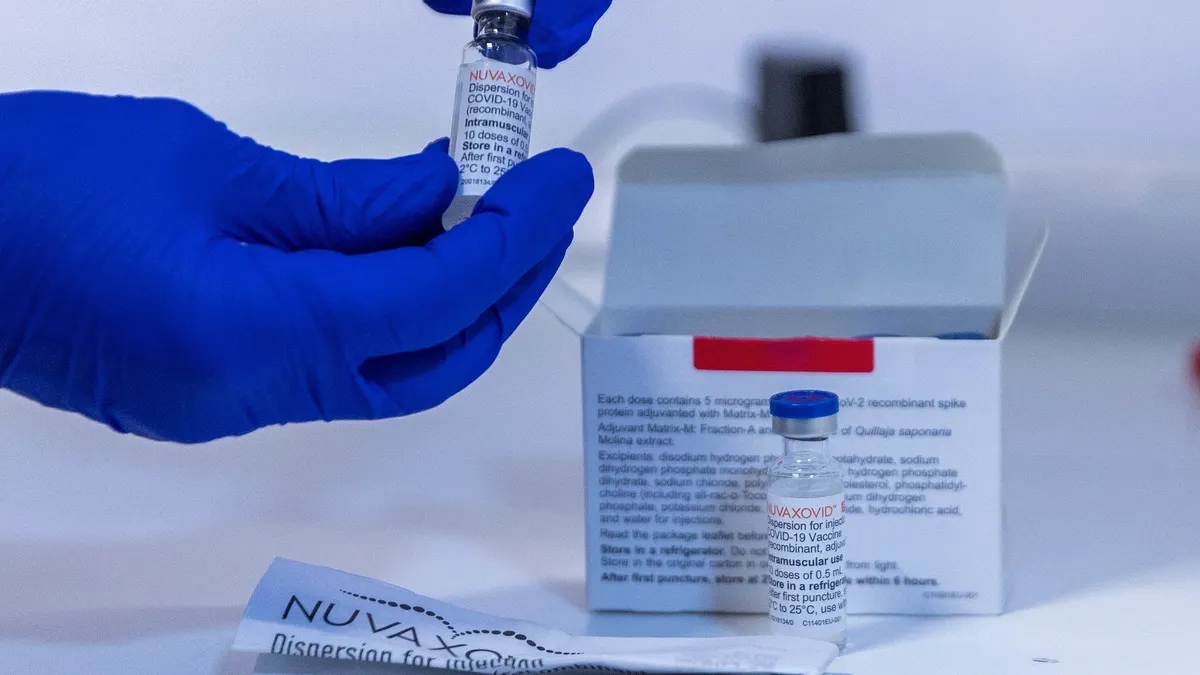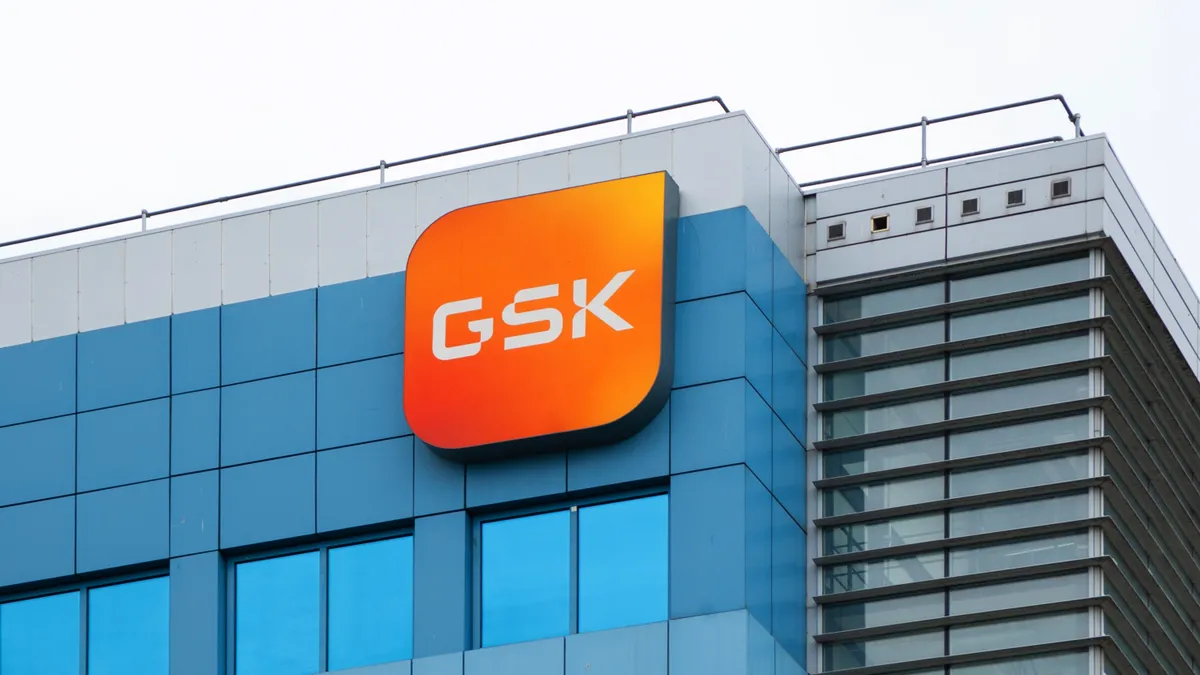The U.S. The Department of Health and Human Services has canceled a contract with Moderna to develop messenger RNA vaccines against influenza strains seen as potential pandemic risks, leaving the future of the underlying research uncertain.
Moderna revealed in a statement Wednesday that the HHS had terminated the contract, which could have handed the company more than $700 million in total funding. Moderna also reported that an experimental H5 avian influenza vaccine it’s developed showed promising results in an early-stage clinical trial. But without the government’s help, it will now be forced to “explore alternatives for late-stage development and manufacturing.”
"While the termination of funding from HHS adds uncertainty, we are pleased by the robust immune response and safety profile observed in this interim analysis," said CEO Stéphane Bancel, in a statement. "These clinical data in pandemic influenza underscore the critical role mRNA technology has played as a countermeasure to emerging health threats."
In January, the Biden administration awarded Moderna $590 million via the Biomedical Advanced Research and Development Authority, or BARDA, as one of its final acts. The grant expanded on a $176 million award from last year to develop, manufacture and license mRNA vaccines against flu subtypes that could trigger pandemics.
The initiative came amidst an outbreak of avian influenza in animals, and was the latest attempt to deploy mRNA technology — which created, in record time, safe and effective shots to battle the COVID-19 pandemic — to prepare for a potential spillover in humans.
Since then, however, Robert F. Kennedy Jr., a prominent skeptic of mRNA vaccines, has been put in charge of the HHS. The agency has also directed $500 million in federal funding toward another vaccine initiative called Generation Gold Standard, whose goal is to use a different technology to develop universal shots against “pandemic-prone” viruses.
In an emailed statement, Andrew Nixon, the HHS’ director of communications, said that after a “rigorous review,” the agency has “concluded that continued investment in Moderna’s H5N1 mRNA vaccine was not scientifically or ethically justifiable.”
“The reality is that mRNA technology remains under-tested, and we are not going to spend taxpayer dollars repeating the mistakes of the last administration, which concealed legitimate safety concerns from the public,” Nixon wrote.
Moderna and Pfizer’s mRNA vaccines for COVID-19 were evaluated in tens of thousands of clinical trial participants in randomized, placebo-controlled studies before their initial authorizations were granted by the Food and Drug Administration. They’ve since been administered to millions of people across the globe and closely monitored via surveillance systems, with few side effects — most notably the risk in young males of a type of heart inflammation called myocarditis — linked to vaccination. Myocarditis is also associated with COVID-19.
The FDA has recently asked Moderna and Pfizer to expand the safety warnings for myocarditis on their shots’ prescribing information.
The cancellation of Moderna’s contract comes days after FDA officials outlined stricter approval standards for new COVID vaccines and the HHS narrowed guidance for who should receive them.
So far, there have been 70 human cases of bird flu in the U.S. and one death, according to data from the Centers for Disease Control and Prevention.









